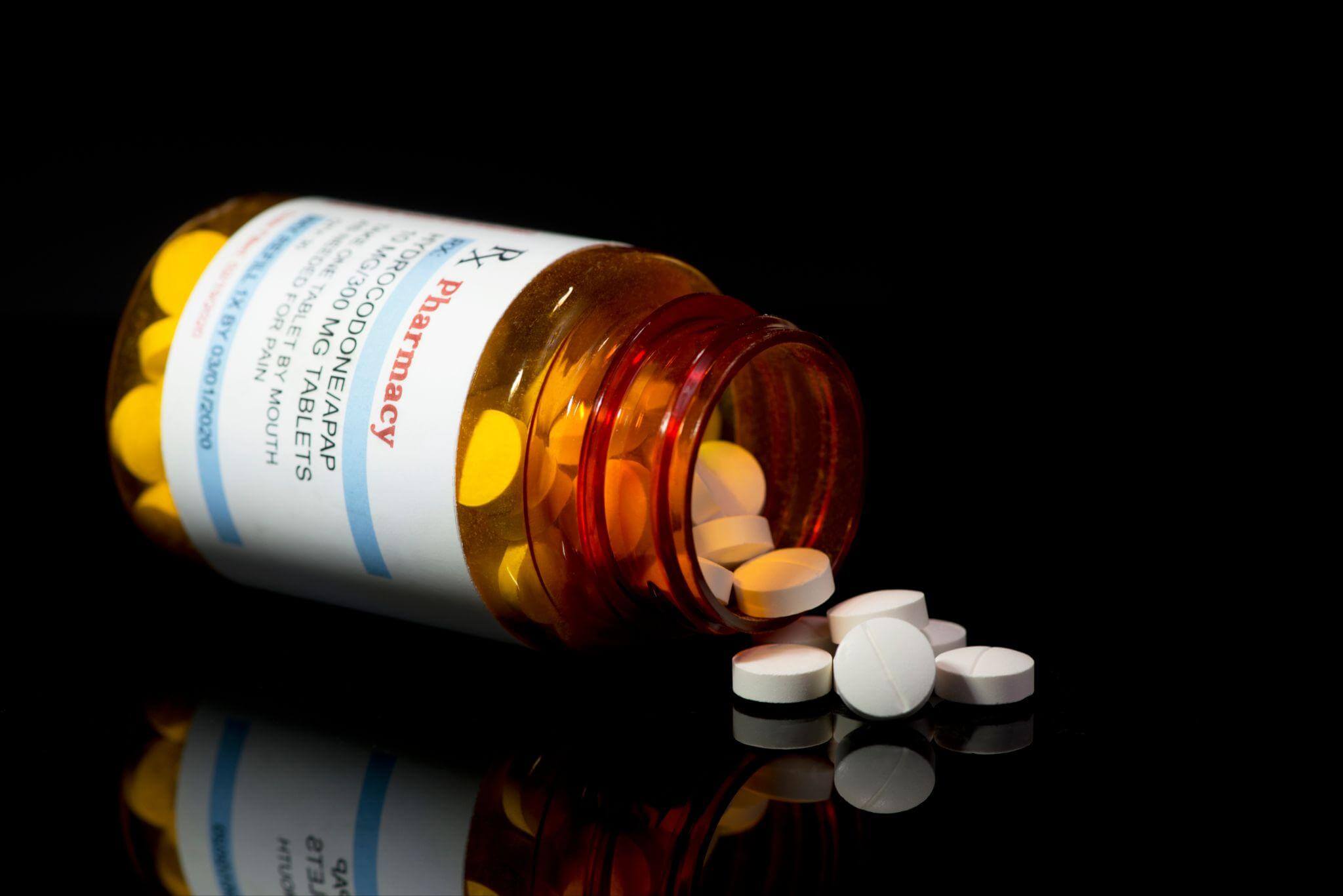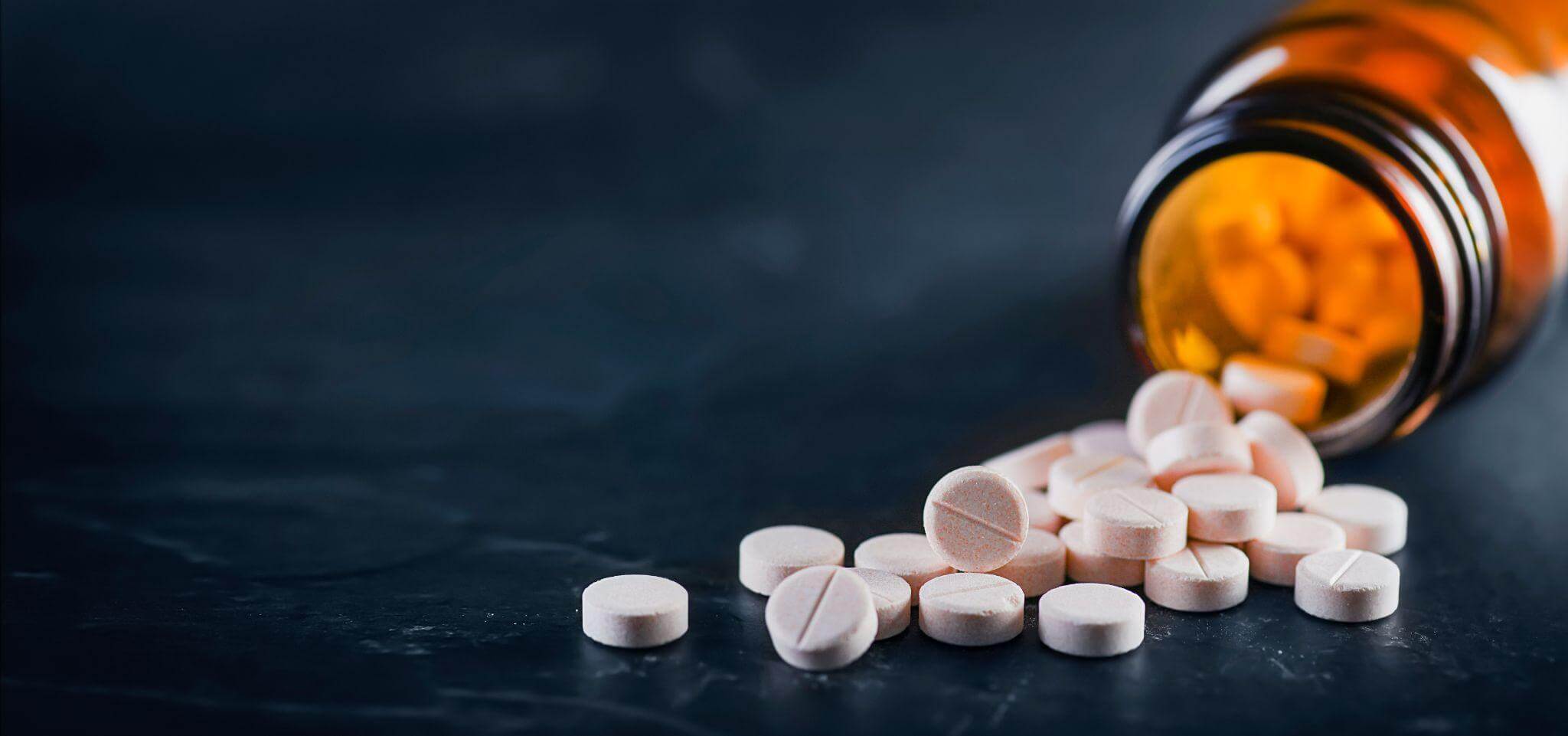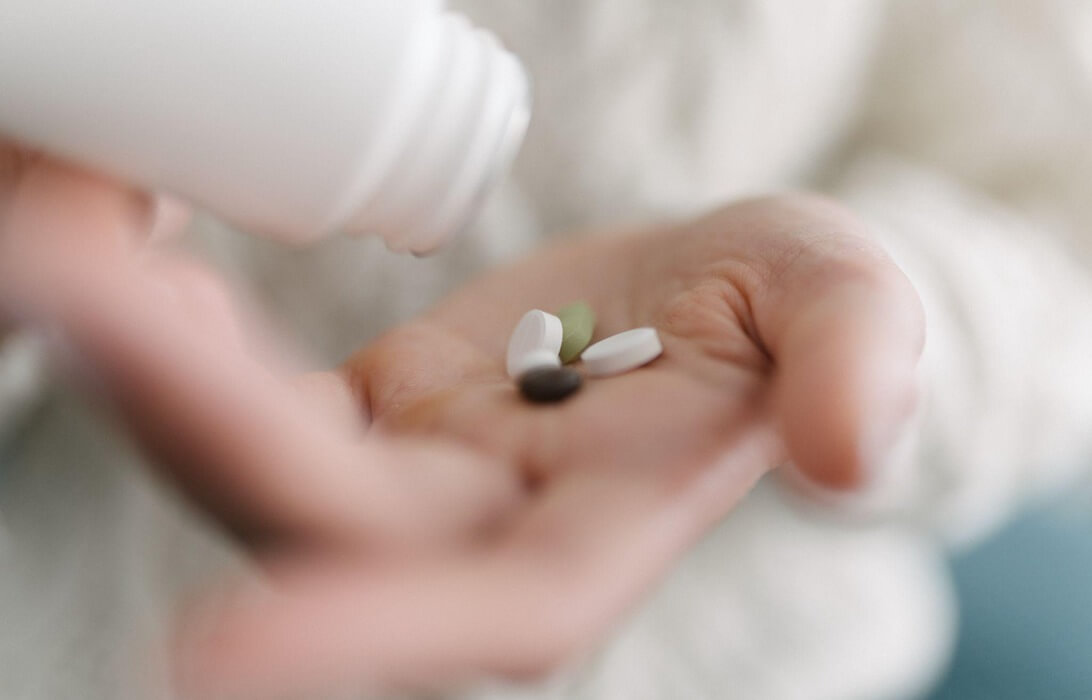Highlights
- Acetaminophen is one of the most common drugs on the market, and acetaminophen poisoning is one of the most common types of accidental poisoning in the U.S.
- While it takes an unusually high dose for most people to experience acetaminophen poisoning, the presence of acetaminophen in a wide range of products can lead to taking elevated doses without realizing it.
- Acetaminophen poisoning is easily preventable with some basic steps and a conversation with your doctor or pharmacist.
Acetaminophen is one of the most common pain relievers available over the counter, found in dozens of products, including Tylenol. While we generally assume all medication available over the counter is safe, acetaminophen can be dangerous in some circumstances. Who should not take acetaminophen, and why?
What Is Acetaminophen?
Also called paracetamol, acetaminophen was first discovered in the late 1800s as a derivative of the organic compound aniline. It was mistakenly believed to damage hemoglobin and wasn’t available for decades until a review of the research in the 1940s found substantial errors. In small doses, acetaminophen was safe to take and beneficial for mild to moderate pain. The most well-known medication containing acetaminophen, Tylenol, debuted soon after, in 1955.
Acetaminophen blocks the body’s process of building prostaglandin, which is naturally found in the body and triggers inflammation. Reducing inflammation in turn helps alleviate mild to moderate pain and can help with fever, although other medications like ibuprofen have been found to be more effective. Acetaminophen is generally broken down by the liver, and the waste products are removed through urine.
Acetaminophen is often combined with other medications and found in a range of over-the-counter products, including cough syrups, sinus treatments, and allergy medications. It’s also found in prescription medication, including:
- Endocet
- Fioricet
- Hycotab
- Hydrocet
- Hydrocodone Bitartrate
- Lortab
- Percocet
- Phenaphen
- Sedapap
- Tapanol
- Tylenol with Codeine
- Tylox
- Ultracet
- Vicodin
- Zydone
Acetaminophen is available in OTC products, prescription medications, and generic and store-brand products. It’s estimated that over 600 products on the market contain acetaminophen. Despite this, few people know what an unsafe dose is.
Is There an Unsafe Dose of Acetaminophen?

While everyone is different, the standard for a maximum dose for an adult weighing at least 150 pounds is 4000 milligrams, or 4 grams, from all sources. A dose of acetaminophen stays in the body from 1 to 2-½ hours.
If that dose is exceeded, acetaminophen poisoning becomes a risk. As the liver breaks down acetaminophen for disposal, it creates the chemical N-acetyl-p-benzoquinone imine or NAPQI. NAPQI blocks the action of the antioxidant glutathione, which repairs the liver, and as liver damage collects, it struggles to maintain healthy function.
Unfortunately, acetaminophen poisoning is not immediately obvious, with non-specific symptoms that include fatigue, abdominal pain, and nausea. These symptoms fade and are usually written off as a cold or bug.
After a few days, signs of liver failure appear, including yellowing skin and blood refusing to clot. Depending on the progression, this can potentially trigger a cascade of problems, including kidney failure and pancreatitis.
Acetaminophen poisoning is not always fatal, depending on how much damage was done to the liver, and recovery is possible after treatment and a few weeks of rest. Without treatment, however, you can be at serious risk, and acetaminophen overdose is the second most common cause for liver transplants globally.
Who Should Not Take Acetaminophen?

While anyone can potentially be at risk for acetaminophen poisioning, some of us are at greater risk than others. There are a few risk factors in particular that should rule out taking acetaminophen unless a doctor tells you otherwise.
- Liver disease. Because acetaminophen is broken down in the liver, if you have liver disease or any impaired liver function, it’s not recommended. Talk to your doctor about other options for managing minor to moderate pain.
- Consuming more than three alcoholic drinks a day. The combination of acetaminophen and alcohol causes far more damage to the liver than either separately, especially with large doses of one or the other.
- Taking prescription pain medication, either by prescription or illegally. A number of prescription pain medications have acetaminophen as part of their formulation, raising the risk of overdose if combined with other products containing acetaminophen or if the medication is abused by somebody with drug or alcohol addiction.
How Can I Avoid Acetaminophen Poisoning?
Fortunately, in most cases, you won’t have to worry about being poisoned by acetaminophen. That said, take these steps to ensure your safety and to keep your dosage low.
- Do an acetaminophen “audit.” Go through the medications you have in the house and determine whether they contain acetaminophen and, if so, at what dosage. If you have an elevated risk of poisoning, swap out products for other medications as appropriate.
- Track your liver health. Liver function tests are commonly included with regular check-ups. Ask about liver function at your next appointment and whether there’s anything you should be keeping an eye on.
- Know the signs of liver failure and acetaminophen poisoning. In most cases, quick action can limit the damage, but the signs of poisoning can be subtle at first. If you think you’ve overdosed, go to the hospital or contact your local poison control center.
- Check the ingredients of any over-the-counter medication before you buy. As we noted, acetaminophen is in an enormous range of products, including ones you may not expect — like Benadryl, Sudafed, Mucinex and their generic equivalents. Always check before taking any of these medications, particularly if you take them on a regular basis or more frequently at certain times of the year.
- Discuss the ingredients of your prescriptions with your doctor or pharmacist. While ingredient lists are available for prescription medications online, the best time to learn is to ask when you get a prescription, either in the exam room or at the pharmacy. Talk over your concerns and discuss any over-the-counter medications you take.
- Avoid herbal supplements. Herbal supplements are at high risk of contamination with various medications, so if you’re at risk from a low dose of acetaminophen, it’s best to avoid them. Be particularly wary of supplements that claim to reduce pain or break fever, as these often contain acetaminophen.
Get the Lowest Prices on Acetaminophen-Free Medication With BidRX

Over the last forty years, new medications have become available, we’ve learned more about their safety and efficacy, and costs have nearly quadrupled for many medications. The risks of acetaminophen have added another layer to shopping for medication.
BidRx can help you get the best price for acetaminophen-free prescriptions, as your prescription is put up for bid by pharmacists across the country. Select the best offer for your needs and then have it shipped to you or pick it up on your errand runs, depending on the pharmacy you choose.
Make BidRx your central source of all your medications and start saving today!
